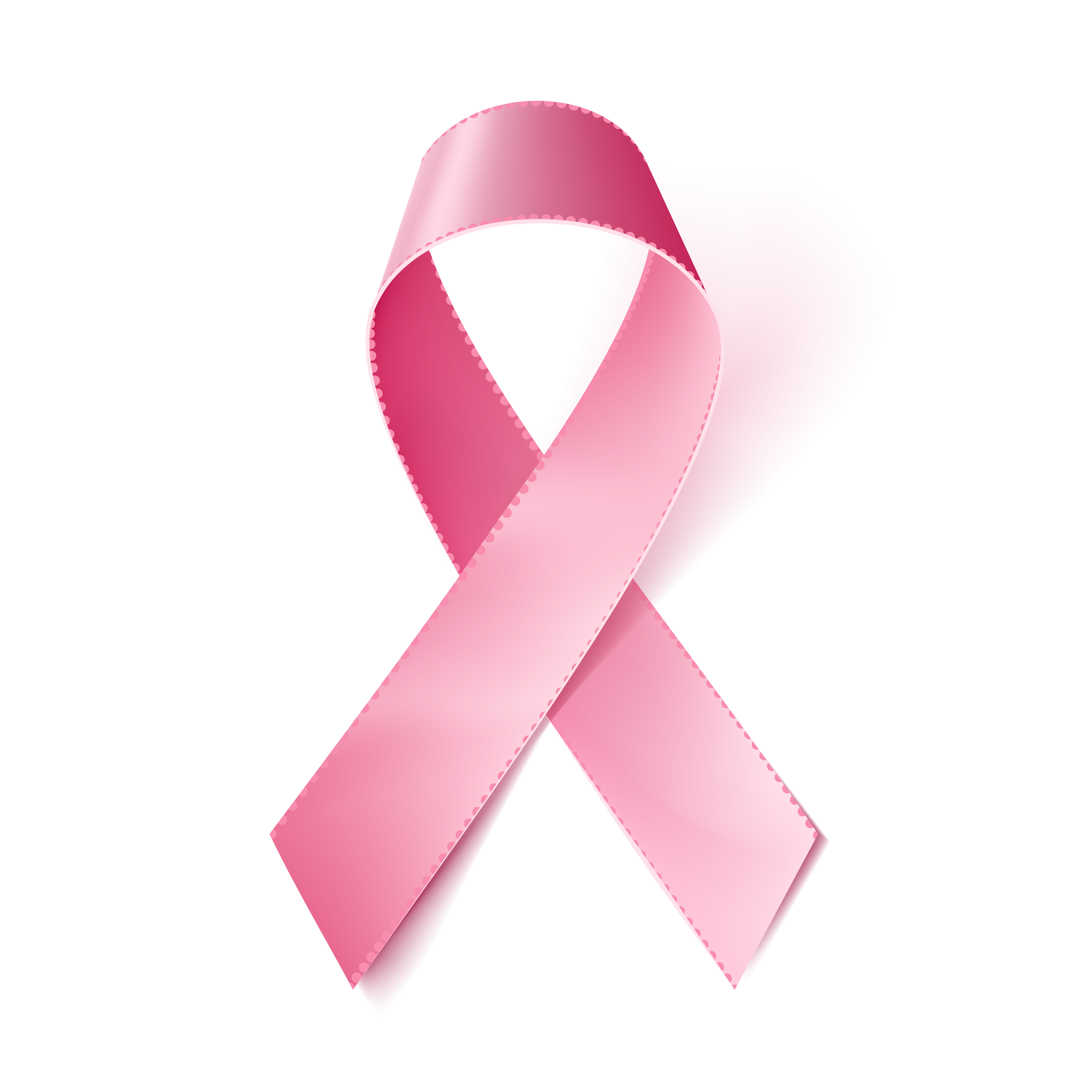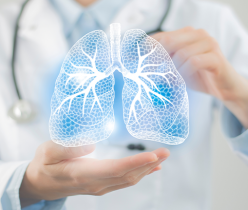Some common female cancers include breast, endometrial, colon, cervical, lung, ovarian and skin cancer. Learn about various signs of cancer in women so that you detect and cure them as early as possible.
Breast cancer
It is the most common among female cancers (except for skin cancer). It can crop up at any age, but the risk increases with increase in age. Due to certain factors, some females may have a greater risk of having breast cancer than the rest.
Breast cancer symptoms:
- Lump that may not be seen, but might be felt by touching
- Skin texture, such as dimpling or puckering
- Direction or appearance of the nipple
- Nipple discharge
- Hives or crusting
Also Read: Detailing Hives- Symptoms, Causes, Treatment, and Prevention!
Colon cancer
Most colon cancers are found in older people generally above 50 years of age. People with a personal or family history of this cancer, or who have polyps in their colon or rectum, or those with inflammatory bowel disease are more likely to have colon cancer. Risk factors of colon cancer include unhealthy diet including mostly high-fat foods (especially from animal sources), overweight, smoking, and inactiveness.
Colon cancer symptoms:
Symptoms of colorectal cancer are numerous and nonspecific. They include:
- Fatigue
- Weakness
- Shortness of breath
- Change in bowel habits including diarrhea, narrow stools, or constipation, presence of red or dark blood in stool, abdominal pain, weight loss, cramps, or bloating.
Endometrial cancer
Endometrial cancer which is the cancer of the lining of the uterus occurs mostly in women above the age of 55. Risk factors of endometrial cancer include breast cancer treatment which involves taking estrogen without progesterone and taking tamoxifen, personal or family history of hereditary non-polyposis colon cancer (HNPCC) or polycystic ovary syndrome (PCOS), having an early onset of menstrual periods, late menopause, a history of infertility, or obesity.
Endometrial cancer symptoms:
- Abnormal or irregular bleeding from the vagina which includes bleeding between periods or bleeding after menopause
- Exceptionally long, intense, or frequent occurrences of vaginal bleeding after age 40
- Pain in lower abdominal or pelvic cramping
- Thin white or clear vaginal discharge after menopause
Lung cancer
It is evident that smoking causes at least 8 out of 10 lung cancer deaths. But even those who don’t smoke can have lung cancer.
Lung cancer symptoms:
- A fresh cough that doesn’t go away
- Changes in a chronic cough or “smoker’s cough”
- Blood in cough, even a small amount
- Wheezing
- Hoarseness
- Shortness of breath
- Pain in chest, bones and head
- Losing weight without trying
Cervical cancer
Cervical cancer may occur in women who are or have been sexually active. Human papilloma virus (HPV) which is passed during sex, is responsible for this female cancer. Women who have HIV or AIDS, smoke, have poor nutrition, and who do not get regular Pap tests can also develop cervical cancer.
Cervical cancer symptoms:
- Abnormal vaginal bleeding including bleeding between menstrual periods, after menopause, or after sex
- Pain in the lower belly or pelvis
- Painful sex
- Abnormal vaginal discharge
Skin cancer
Prolonged exposure to the sun can get you skin cancer. People having fair skin, particularly those with red or blond hair, are more prone to skin cancer than people with darker skin color. People who have had a close family member with melanoma and those who had bad sunburns as children are at a higher risk of skin cancer.
Skin cancer symptoms:
- Abnormal bleeding, such as bleeding between menstrual periods, after sex, after a pelvic exam, or after menopause
- Discharge that’s unusual in amount, color, consistency, or smell
- Frequent urination
- Painful urination
- Pelvic pain
Ovarian cancer
Ovarian cancer is more probable to occur with advancement in age. Women who have unexplained infertility, have never had children, had their first child after the age of 30, with a personal or family history of ovarian cancer, hereditary non-polyposis colon cancer (HNPCC), or breast cancer may have an increased risk for ovarian cancer.
Also Read: Aspirin as your First Choice for Pain, Inflammation, and Minor Aches
Ovarian cancer symptoms:
- Frequent bloating
- Pain in belly or pelvic region
- Trouble eating, or quick feeling of satiate
- Urinary problems, such as an insistent urge to urinate or urinating more often than usual.
Conclusion:
Knowing about various cancers that you are more prone to being a female and what you can do to help trim down your risk of it can help save your life. The next right step is before time detection of cancer symptoms. Finding cancer early, before it has spread, gives you the best chance to do something about it.





